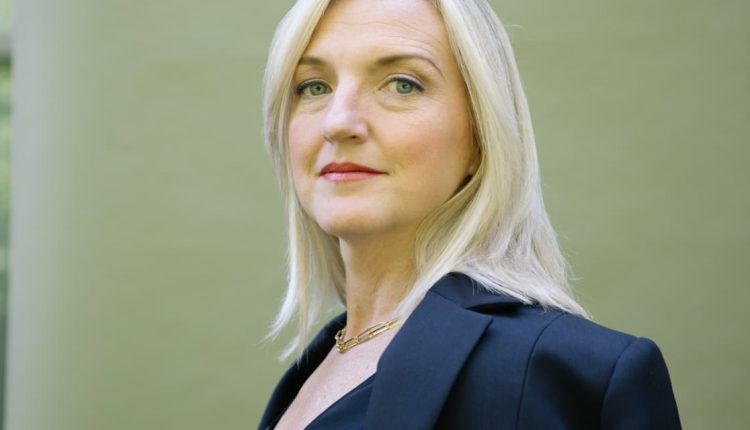Vanguard says it’s a “new era” for bonds, where higher rates for longer will mean better long-term returns for investors, even in the higher-quality sectors of the market.
“We do expect there to be continued volatility in the short term, it’s not about trying to time the perfect moment to get in,” Sara Devereux, global head of fixed income at Vanguard, told Barron’s. “But if you look through that short-term volatility, look through the noise, and focus on the long term, there’s tremendous value.”
The Federal Reserve’s 11 interest-rate increases since March 2022 have lifted the yields on
10-year Treasury
debt to near 5% from about 0.7% in late 2019. The world’s second-largest asset manager, which oversees $7.8 trillion globally, expects interest rates to stay higher for longer than investors had hoped earlier this year. It forecasts a shallow recession sometime in mid-2024.
“Given where we are in the cycle, given that there is a recession on the horizon, we want to be up in quality,” Devereux said. “That means Treasuries, agency mortgages, munis, and within [corporate] credit, it means investment grade.”
Devereux said the Fed is “at or near the end” of its hiking cycle, which has sent short-term rates above those of longer-dated debt.
“The relative advantage short-term government bonds have can fade quickly, and investors fare better when they lock in higher rates for longer,” Vanguard said in its latest quarterly outlook.
Devereux doesn’t expect the Fed to raise rates at its policy meeting next month, but didn’t rule out the possibility of an increase in December. She cautioned about the signal it might send to investors if the Fed holds off hiking this year.
“One thing that’s becoming more of a conversation for us on the trading desks is, the longer it is where they don’t hike, the more of a chance that it’s going to be disruptive when they do,” she said.
“The last hike was in July. They’re not going to hike in November, and it’s 50/50 for December, depending on the data. If they don’t hike again until January, that’s not like a continuation of a hiking cycle, it’s like they’ve stopped and restarted and the bar to restart is higher.”
Vanguard said the Fed is unlikely to cut interest rates before mid-2024.
It has been a brutal year for bonds because prices fall as yields go higher.
Indeed, prices of Treasuries are on track for three consecutive years of declines. Other bonds, including mortgage-backed securities and high-quality corporate debt, have been hammered too.
Vanguard said it sees strong long-term demand for U.S. government bonds and views 4.50% “as a fair-value level for 10-year Treasury rates.”
High-quality corporate bonds are “one of the most attractive places to be,” the firm said. Vanguard is overweight mortgage-backed securities and said the sector’s “high-quality credit profile, diversification, and liquidity are particularly attractive now.”
In the municipal bond market, Vanguard prefers longer-term investment-grade bonds.
“Many companies borrowed before the Fed’s hiking cycle began, strengthening their balance sheets,” Vanguard said. “In municipal bonds, valuations remain strong in longer-term investment-grade issues with ratings below AAA.”
As for high-yield bonds, Devereux said Vanguard is neutral “in the sense that we’re not overweight” and that while there are opportunities, investors have to be selective.
“You don’t want to buy every household name in the index, you want to be really choosy about picking the best names because avoiding the losers is just as important as picking the winners,” she said.
Devereux said sectors that Vanguard is avoiding but also watching for their potential effect on other markets include “lower quality across the board,” companies with weak balance sheets, and commercial real estate.
“We’re keeping a very close eye on commercial real estate,” she said. “We believe it’s vulnerable, both due to where rates are, but also less demand for offices post pandemic and the regional bank stress is related to that. Overall, we think it will be relatively contained. We don’t see a big knock on to other parts of the market but we did get out of a lot of our riskier CMBS [commercial mortgage-backed securities] exposures earlier this year.”
Write to Lauren Foster at [email protected]
Read the full article here

